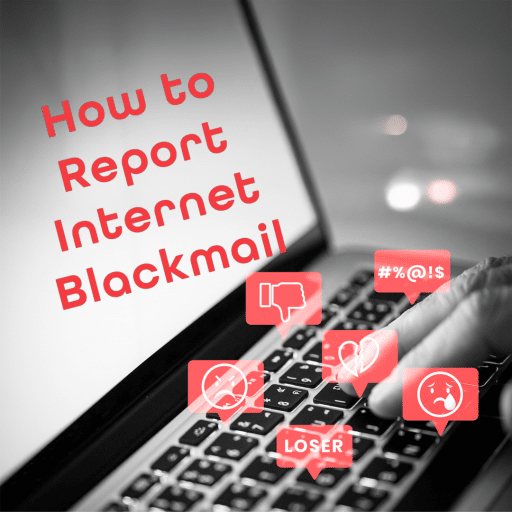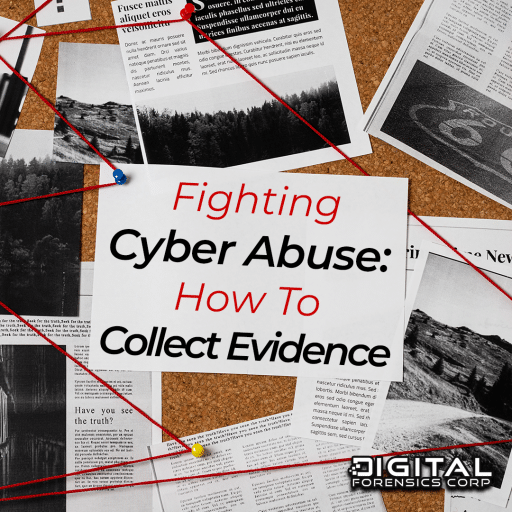Blackmail is a term that strikes fear in the hearts of many. It involves the act of coercing someone to do something they would not do otherwise. This form of intimidation can be incredibly damaging, both emotionally and financially. While many people have heard of blackmail, they are unsure about whether it constitutes a crime in Canada. In this article, we will explore the legalities of blackmail in Canada, including what it is, why it’s illegal, and the penalties associated with it.
Is Blackmail a Crime in Canada?
Blackmail, also known as extortion, is a criminal offense in Canada. It involves the use of threats or intimidation to obtain something of value from someone else. This could be money, property, or services. Blackmail can also be used to force someone to do something that they would not do otherwise, such as committing a crime. Regardless of the specifics, the key feature of blackmail is the use of threats to obtain something of value.
Blackmail Laws in Canada
Canada takes blackmail threats very seriously. The penalties for this crime can be life imprisonment or a minimum of five years in prison.
The laws go as follows:
· 346 (1) Everyone commits extortion which, without reasonable justification or excuse and with intent to obtain anything, by threats, accusations, menaces or violence induces or attempts to induce any person, whether or not he is the person threatened, accused or menaced or to whom violence is shown, to do anything or cause anything to be done. · Extortion
(1.1) Every person who commits extortion is guilty of an indictable offense and is liable
o (a) if a restricted firearm or prohibited firearm is used in the commission of the offense or if any firearm is used in the commission of the offense and the offense is committed for the benefit of, at the direction of, or in association with, a criminal organization, to imprisonment for life and a minimum punishment of imprisonment for a term of
§ (i) In the case of a first offense, five years, and
§ (ii) in the case of a second or subsequent offense, seven years;
o (a.1) [Repealed, 2022, c. 15, s. 13]
o (b) in any other case, to imprisonment for life.
How to Deal with Blackmail in Canada?
The first step to dealing with blackmail is to report it to the authorities. Make sure you have evidence of the blackmail, such as texts, emails, voice messages, or any other form of communication. The police can investigate the case and take appropriate action. Do not give in to the blackmailer’s demands, as this will only encourage them to continue with their illegal activities. Remember, blackmail is a criminal offense and is punishable by law.
If you are being blackmailed by someone you know, such as a family member, friend, or coworker, you may be hesitant to report it. However, it is important to understand that by not reporting the blackmail, you are putting yourself at risk of further harm. Be brave and seek help from the authorities. You can also speak to a trusted friend or family member for support.
If you are being blackmailed online, such as through social media or email, you can report the incident to the platform administrators. Most social media platforms have a reporting system in place for such cases. You can also seek legal advice from a lawyer or a confidential helpline. It is important to remember that you are not alone and help is always available.
If you are dealing with a case of revenge porn, where your private images or videos have been shared without your consent, you can report the incident to the police. Revenge porn is a criminal offense in Canada and is punishable by law. You can also seek help from a lawyer or a victim services agency. It is important to remember that you are the victim in this situation, and you have the right to seek justice.
In conclusion, blackmail is a serious crime in Canada and should not be taken lightly. If you or someone you know is being blackmailed, it is crucial to seek help immediately. Remember, you are not alone, and there is help available. Report the incident to the authorities and gather evidence to support your case. Do not give in to the blackmailer’s demands. By speaking out and seeking justice, you can put an end to illegal activities and protect yourself from harm.







